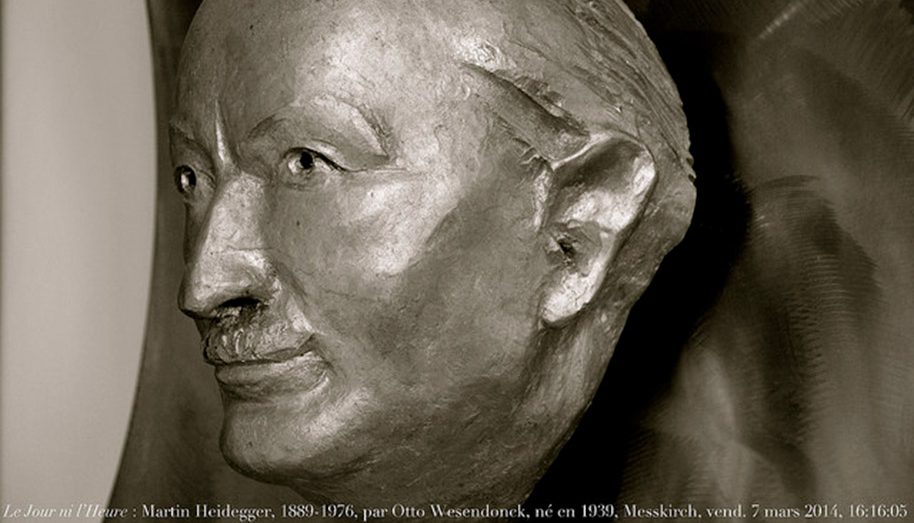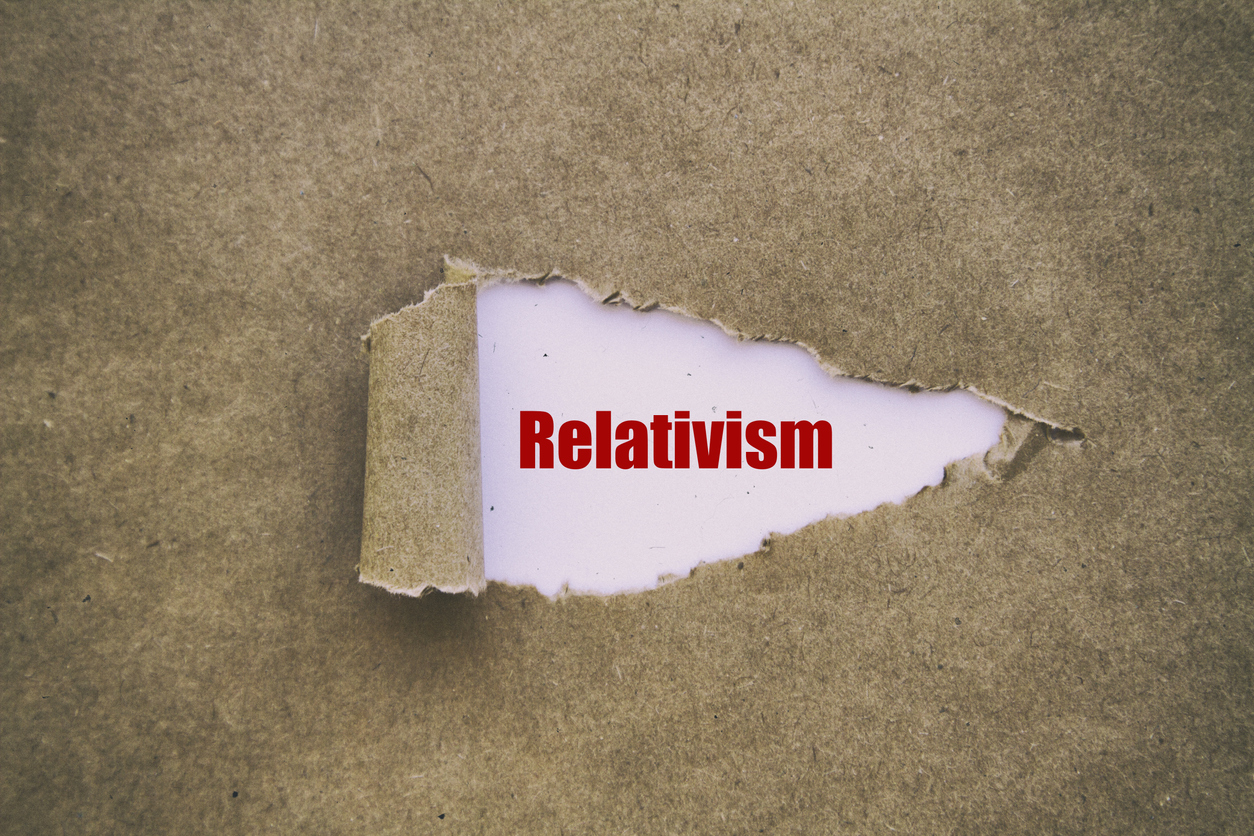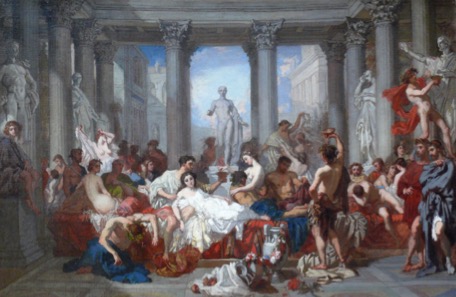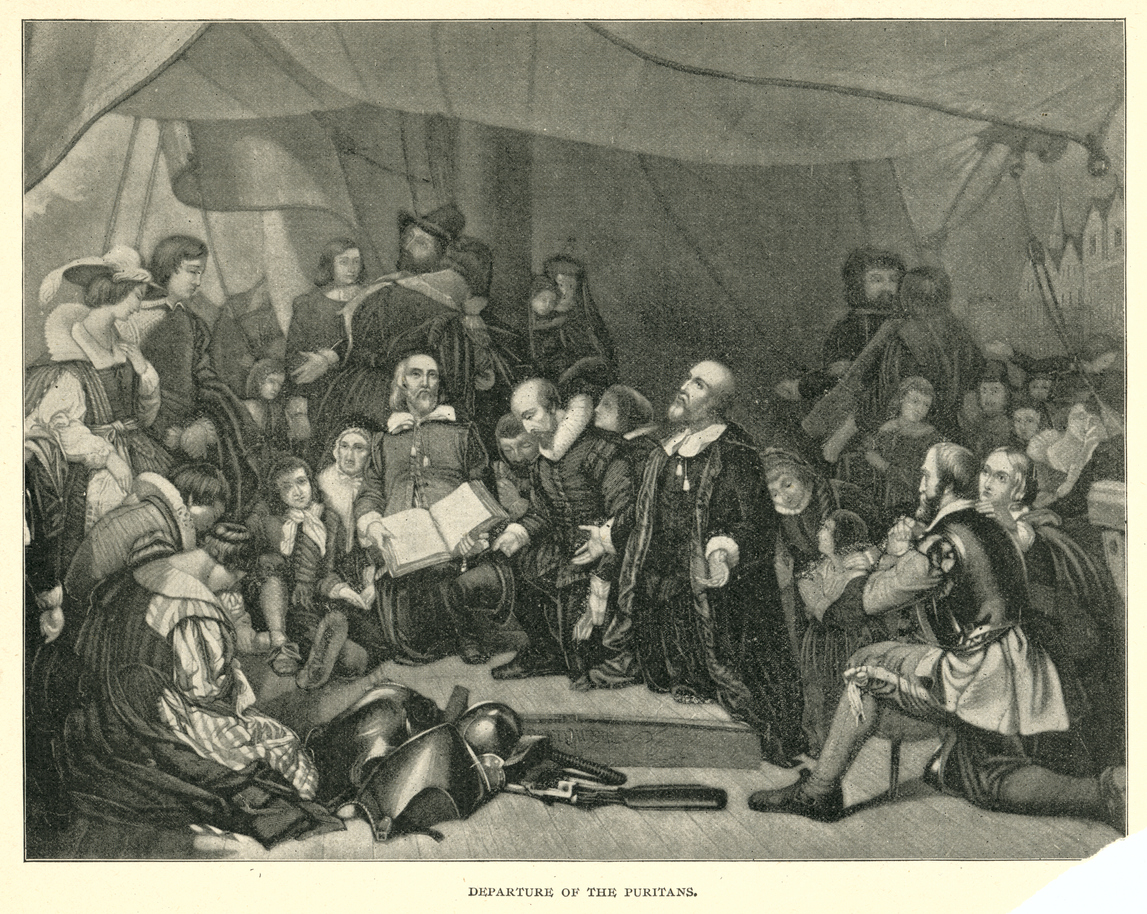Since Jaffa wrote "Reichstag" in 1989, the campus left has adorned its ideology with a few new terms—but its underlying relativism remains the same.
The Abandonment of Natural Right: Jaffa v. Bloom on Education

Both the burning of the Reichstag and the decline of the American university resulted from the choices of philosophers. Jaffa’s final address is a condensed version of the book Allan Bloom should have written, but couldn’t.
“If only they could get a message to us, cried Ralph desperately. If only they could send us something grown up…a sign or something.” —William Golding, Lord of the Flies, Chapter 5.
“Be stirring as the time, be fire with fire, threaten the threatener, and outface the brow of bragging horror; so shall inferior eyes, that borrow their behaviors from the great, grow great by your example and put on the dauntless spirit of resolution.” —William Shakespeare, King John, Act V, scene i.
On February 27, 1933 one month after Hitler took power, he ordered the burning of Germany’s capitol, blamed the fire on his enemies, and set the stage for the March 24 passage of the Enabling Act that gave him absolute power. Because the taking of power by violence, mendacity, and pretense is prototypical of modern politics, keeping the Reichstag fire in mind is necessary to remind us of how indispensable it is for us to be clear about who is responsible for what.
Professor Jaffa, on his retirement, spoke of the ravages that had been visited on American academic life during his career—faculty had placed violent notions into students’ minds, and then recoiled in fear when the students acted on these notions. The American academy was burning. But American academics, perhaps somewhat like Germany’s lawmakers in February/March 1933, were afraid to ask who had started the fire, and what the instruments of arson had been.
Jaffa explains this history by drawing our attention to his teacher Leo Strauss and peer Allan Bloom in three epigraphs that begin his address. In the first, Jaffa relays Strauss’s claim that by “abandoning the idea of natural right and through abandoning it…German thought was led to unqualified relativism.” For Strauss, the American nation that won on the battlefield in WWII lost the peace that followed. Its adoption of relativism lead many of its citizens to question the moral premises on which the American nation was conceived.
In the second and third epigraphs, Jaffa cites Allan Bloom twice. In the first quote, Jaffa relays Bloom’s earlier praise of Strauss’s effort to “singlehandedly revive the serious study of ancient political thought.” In the second quote (drawn from the best-selling The Closing of the American Mind), Bloom posits that “it was Heidegger, practically alone, for whom the study of Greek Philosophy became truly central.”
Jaffa purposefully draws our attention to Strauss, Bloom, and Heidegger in order to explain that the burning of the Reichstag had something to do with the choices made by philosophers and teachers in the 20th century.
Bloom’s explanation for why America’s mind had closed hinged, in part, on Nietzsche and Heidegger’s abandonment of natural right. The broader abandonment of natural right throughout Western thought eventually made its way to America where it was housed in American colleges and universities, and has been adopted unthoughtfully by American university students since.
But for Jaffa, Bloom and his book have done little to make the situation better. In his review of The Closing of the American Mind—“Humanizing Certitudes and Impoverishing Doubts”—written the fall before delivering his address, Jaffa notes that Bloom’s decision to highlight Heidegger with one mere mention of Strauss “is like speaking of Hitler, without mentioning Churchill.” It’s not just that Bloom failed to credit Strauss for his education, but that he had written a book that showed that he had not learned from Strauss’s teachings, as “Strauss was as surely Heidegger’s nemesis as Churchill was Hitler’s.”
What explained Bloom’s misunderstanding? Jaffa argued that “Bloom’s book founders on the fact that he cannot decide between the classical rationalism that may be traced to Socrates and Socratic skepticism, and the rejection of all rationalism—and all skepticism—by Nietzsche and Heidegger.”
Strauss on the other hand decided that classical rationalism’s revival was possible. Unlike Socrates who chose to die in Athens questioning its regime and Heidegger who decided to remain in Germany and provide intellectual sanction for the Nazis, Strauss emigrated to the United States, became an American citizen, and worked to show that “ancient political thought…is not merely an object of historical curiosity but is relevant to our most vital present interests.”
Jaffa’s final address is a condensed version of the book Allan Bloom should have written, but couldn’t, because he—a fellow critic of relativism—had succumb to nihilism. By dedicating his lecture to the memory of a donor, mentioning Thai students who had attended CMC and befriended America, referencing the unnamed 19-year old secretary who was disfigured by a bomb on the Pomona campus in 1969, and examining the first principles of the American regime, Jaffa ties together the consequences of our embrace or departure from a line of reasoning that suggests “that the mind of man is free to grasp truth.”
There are few teachers like Allan Bloom in today’s academy and even fewer like Harry Jaffa. But if we want to understand what the failure of American higher education has to do with decline of the West, we should read Jaffa’s thoughts on the matter carefully. Much hinges on the choice university donors, administrators, teachers, parents, and students make between an easy nihilism that plays well with contemporary audiences and accepting the responsibility that the free exercise of mind enables us to judge right from wrong, good from evil, and courage from cowardice.
The American Mind presents a range of perspectives. Views are writers’ own and do not necessarily represent those of The Claremont Institute.
The American Mind is a publication of the Claremont Institute, a non-profit 501(c)(3) organization, dedicated to restoring the principles of the American Founding to their rightful, preeminent authority in our national life. Interested in supporting our work? Gifts to the Claremont Institute are tax-deductible.
We may never find a grand, unified theory of the “single truth," but we do not need it to know that men are not horses and beauty is truly good.
Without a common understanding of the human person and the human good, academia is reduced to job training, politics, or consumerism.
Absent the teaching of human truth, absolutism preys on our atomized youth.
"Relativism," contra Jaffa (and Bloom), was merely administrative compromise. But the academy no longer believes all sin is relative...
What's the Root of Academic Rot?






